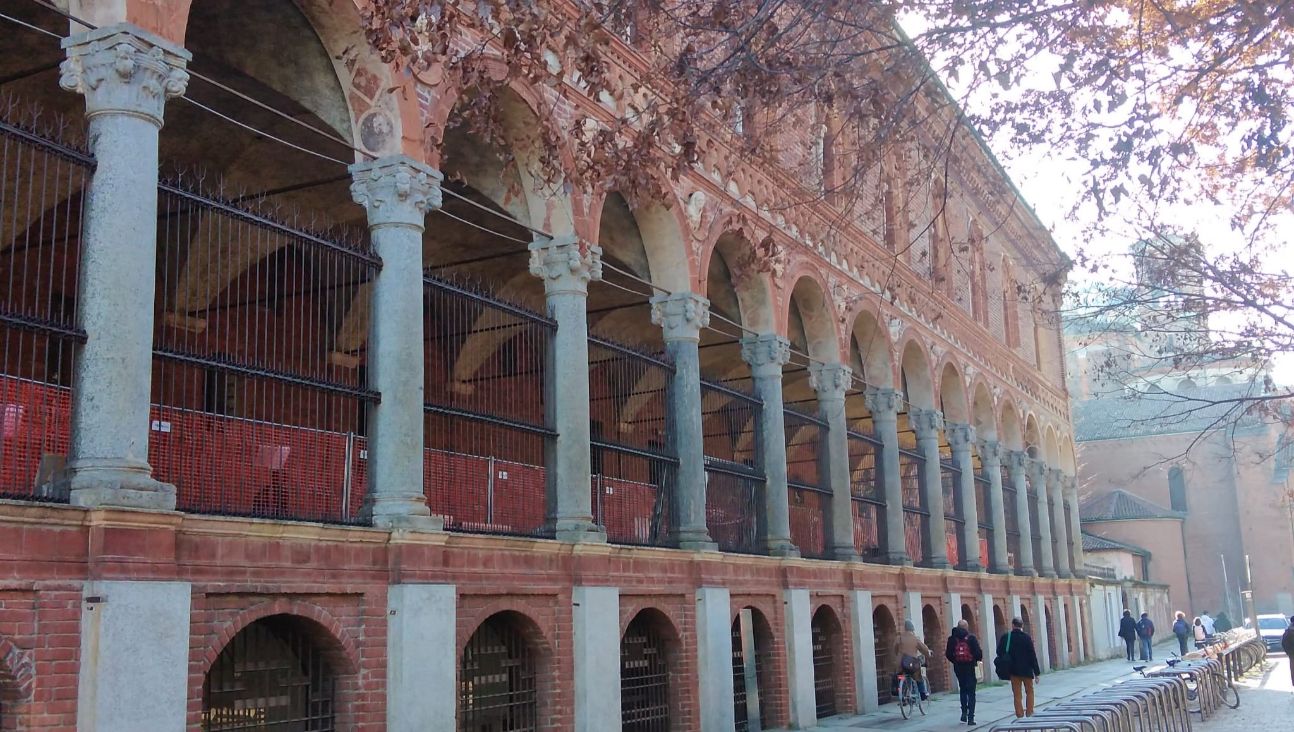
Translating Women in Twentieth-Century Literary Cultures
Conference
University of Milan
15th-16th May 2024
In recent decades, translation studies have become an increasingly interdisciplinary field, attracting scholars from a variety of backgrounds. The social context in which translation is embedded has become primary, as well as the subjectivity of the translator (Berman 1995, Basnett and Lefevre 2001, Lefevre 2004, Von Flotow 2005, Chesterman 2009). Women have been important, and yet overlooked, actors in the history of translation.
For a long time, women dedicated themselves to this literary practice, often as the only way to express their talent or to start a career path (Sanson 2022). In Italy, however, in the 1930s, their skills began to be recognised and they were allowed to pursue it as a profession. Despite the so-called feminization of the profession (Ferrando 2020) and the large number of women who have devoted themselves to it since then, women translators have often been victims of a double invisibility, as translators and as women. And yet, as Sherry Simon noted in her seminal work, “Gender in Translation, translation has provided both “a mode of engagement with literature” and “a kind of literary activism”. Since the 1980s, feminism has played a crucial role in highlighting the militancy of many of these women, emphasising the relevance of their contribution and the intrinsic political value of their commitment. The “archival turn” (Munday 2014, Cordingley and Hersant 2021) in translation studies has also contributed to the valorisation of micro-histories of translators, and thus to the recognition of female subjectivity. However, critical attention is still needed to fully acknowledge the enormous cultural impact of women translators and to rescue most of their intellectual profiles from historical oblivion. While other cultural fields have been extensively studied and women’s work is beginning to be recognised (Di Nicola 2021, Cesana e Piazzoni 2022), the history of women’s translation is still largely unwritten.
To borrow Santoyo Medievilla’s metaphor, “if we think of the history of translation as a mosaic”, we must admit that silenced or marginalised female voices make up “many small pieces or missing tesserae”. This conference proposes to uncover these lost traces and bring women translators out of the shadows. It will aim to reassess the hitherto overlooked role of women in the creation and circulation of intellectual discourse in literary cultures, and to identify the ways in which translation has allowed women professionals to emerge, to be recognised and to reaffirm their authorial status.
We are interested in receiving papers from different linguistic contexts. Topics may include, but are not limited to:
· Trajectories of female translators
· Translation and women canon
· Translation as a means for education
· Militant translations and feminist texts
· Literary networks established through translation
· Co-translations/women as ghost translators
· Translators’ archives
· Fortune of translations by women
· Comparison between male and female translators
—
Papers can be delivered in English and Italian. Please send an abstract (approximately 250 words) and a short bio (100 words) to Teresa Franco (contact@translatingwomen.com) subject “Translating women”. The deadline to propose a paper is 25th Jan 2024.
Notification of acceptance by 1st Feb 2024.
This conference has received funding from the European Union’s Horizon 2020 research and innovation programme under the Marie Skłodowska-Curie grant agreement No 101029767.